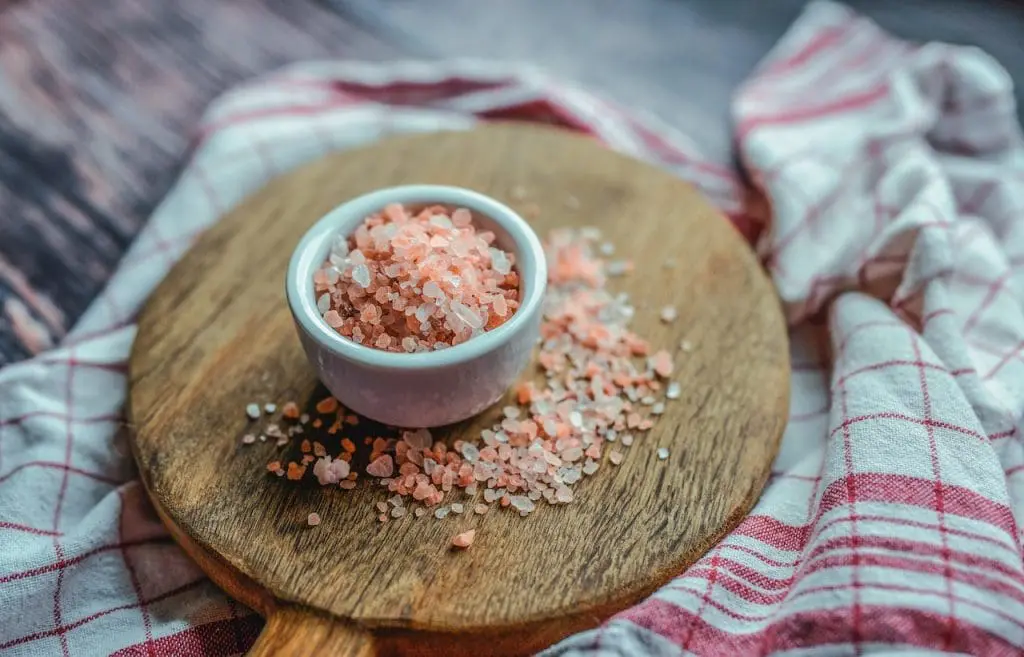We’re told to not eat too much salt. But is it actually that bad for you? Salt – sodium chloride – is a form of ‘electrolyte’ that our body requires. Electrolytes are essential minerals that help maintain hydration levels and regulate muscle contractions. In particular, salt is required by the body for many reasons.
Firstly, salt helps to keep us hydrated and regulates water balance within our cells. This ensures that we don’t become dehydrated during exercise or when exposed to hot temperatures. Salt also helps to regulate nerve impulses, allowing messages to travel between cells and muscles efficiently. For this reason, it’s important to replenish salts lost through sweat during exercise or periods of intense heat.
Salt can be found naturally in a variety of foods such as fruit, vegetables and dairy products. It can also be found in processed foods such as canned soups, chips and crackers which have had salt added during production. For those who have difficulty getting enough salt from their diet alone, there are many supplements available on the market that contain electrolytes including sodium chloride (table salt), potassium chloride and magnesium sulfate (Epson salts). These supplements can be taken before, during or after exercise to replace any lost electrolytes and prevent dehydration.
In addition to providing essential minerals like sodium chloride, natural sources of electrolytes often contain other vitamins and minerals which work together with the electrolytes to provide additional benefits for athletes’ health and performance. A good example of this is coconut water; a popular sports drink which not only contains electrolytes but also provides carbohydrates for energy along with other vitamins such as vitamin C which supports immune function during intense exercise sessions. Other natural sources include fresh fruits like bananas which contain potassium as well as magnesium rich nuts like almonds or cashews.

Case studies have shown that adequate intake of electrolytes can improve athletic performance by preventing dehydration and aiding muscle contraction regulation; particularly important in endurance activities such as running or cycling long distances where sweat loss is high due to prolonged periods spent outdoors exercising in hot weather conditions. An interesting case study conducted at Loughborough University found that cyclists who consumed high levels of sodium chloride performed significantly better than those who consumed lower amounts – proving how important it is for athletes to ensure they’re replenishing their stores of electrolyte minerals adequately during training sessions or competitive events if they want optimal performance results!.
Overall then it’s clear why salt (as an essential form of electrolyte) is so important for our health – both physically and for mental wellbeing – when taken in moderation alongside other natural sources like fruit and vegetables for optimum nutrition benefits throughout our daily lives! Taking supplements may also be necessary depending on individual needs. I take electrolyte supplements every day before exercise, such as resistance training – but always consult with a healthcare professional first before beginning any supplementation programme.

